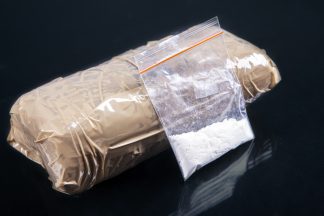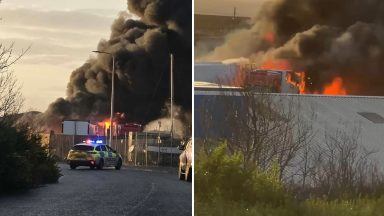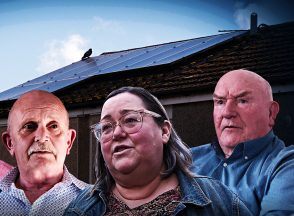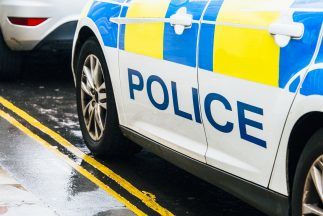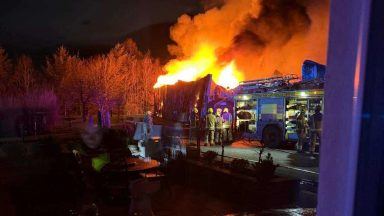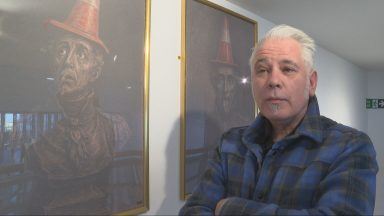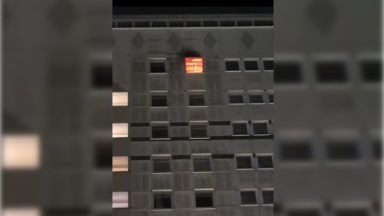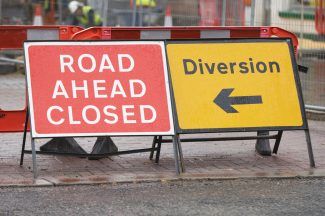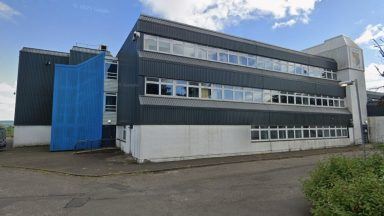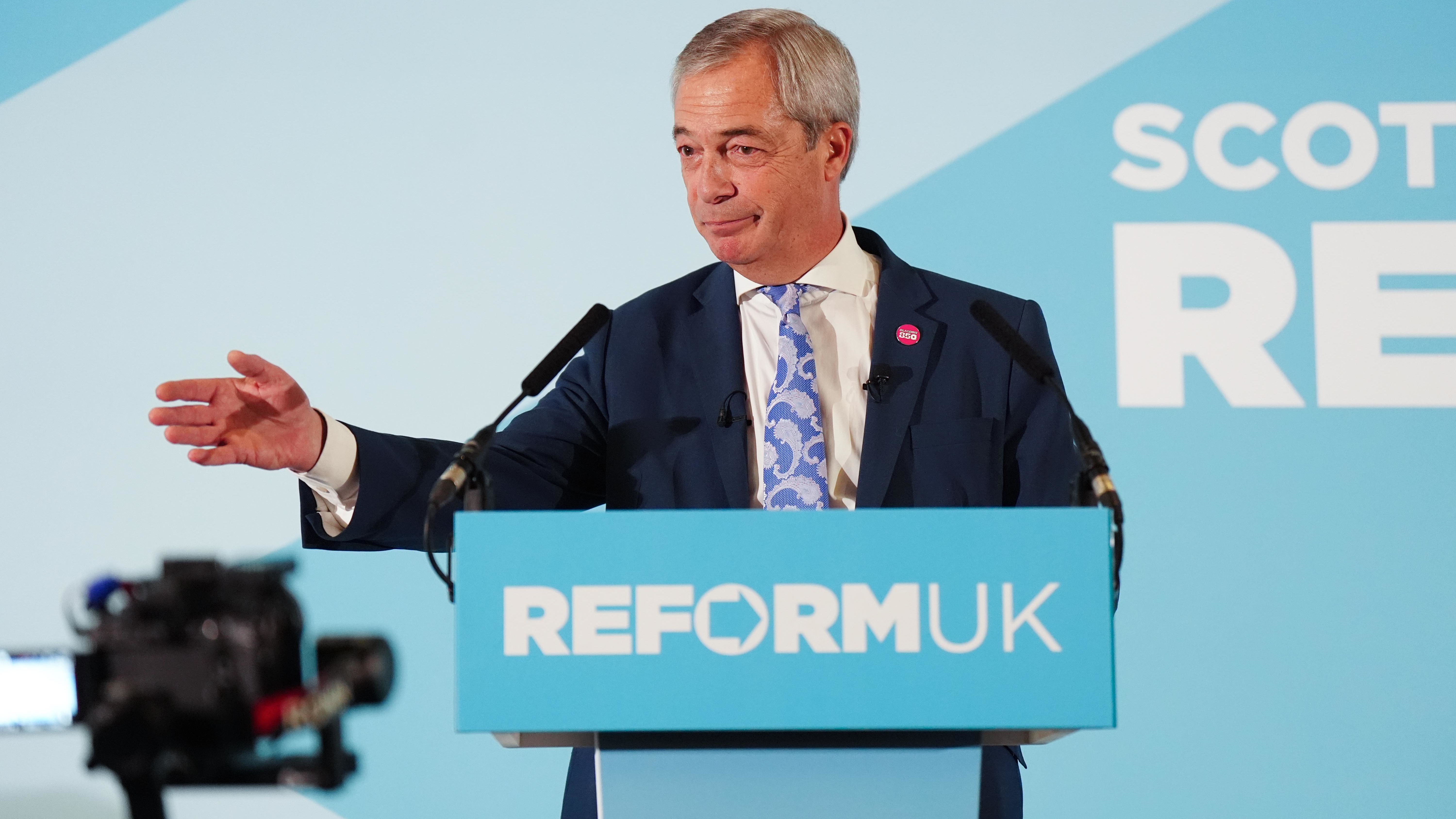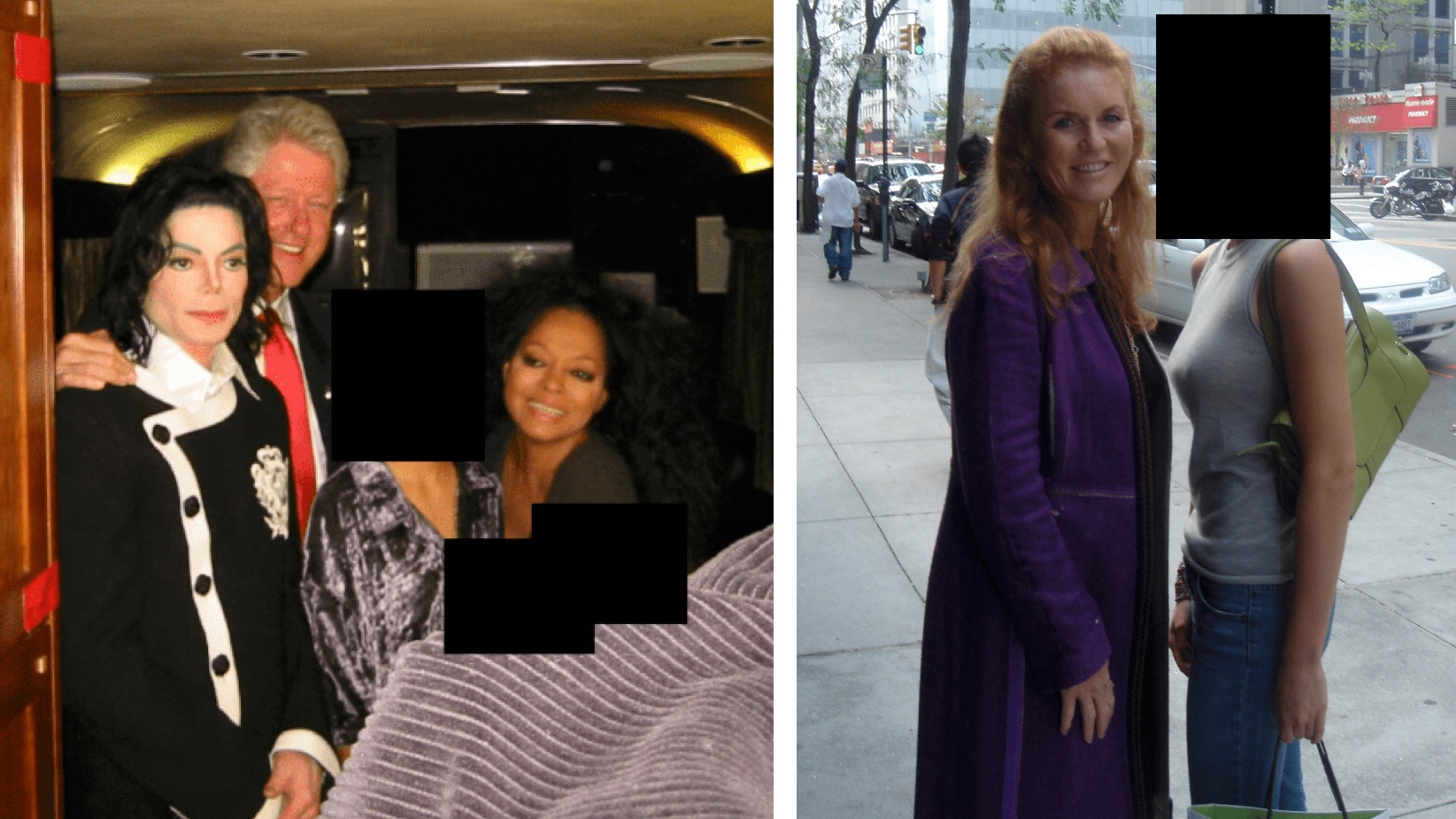A doctor has told an inquiry she was unable to assure parents the wards their children were staying on in a new multi-million pound super hospital were safe because of a number of unexplained infections.
Dr Shahzya Chaudhury, a consultant in paediatric haematology, was giving evidence to the Scottish Hospitals Inquiry when she admitted she had to tell mothers and fathers she did not know if their children were at risk on wards at the Queen Elizabeth University Hospital (QEUH) in Glasgow.
The inquiry was set up in the wake of deaths linked to infections at the £860m facility, including that of 10-year-old Millie Main, who was being treated for cancer at the children’s hospital on the same site.
Alastair Duncan KC, the inquiry’s senior counsel, asked Dr Chaudhury about an “unusual spike” in infections at the hospital and a theory that emerged during an Incident Management Team (IMT) meeting in March 2018.
“My understanding was that there was potentially contamination from the water system that was potentially causing these infections in our patients, which led to the installation of point-of-use filters on taps,” she said.
“I believe at the beginning the hypothesis was that it was contamination from human contact to the taps, but later organisms were found in the water in other wards where our patients and our staff hadn’t been, so a more widespread concern about water contamination was hypothesised.”
More infections were recorded at QEUH a few months later and drain swabbing carried out around the hospital found bacteria linked to the infections in the drainage system, the inquiry was told.
By September, Dr Chaudhury said she was “very concerned” about what was going on because of a number of new infections and how regularly IMT meetings were being called to discuss the problem.
She told the inquiry young cancer patients had to be moved from one ward to another to allow for investigations and this had a “huge impact” on how staff were able to care for them.
“My understanding was they had to investigate the ward further and they had done all they could with patients still on it,” she said. “We lost beds so we had fewer beds for inpatients and for day care outpatients.
“We were on two floors so we had to split our staff to cover both floors. We were a fair distance away from the paediatric hospital and from other paediatric specialties such as radiology and intensive care.
“There wasn’t much space. There was one small doctor’s room. It was quite difficult.”
The inquiry was told the replacement ward was closed to further admissions later that year because of another cluster of infections.
Asked about a decision to reopen the ward the next year after it was declared safe by assessors, Dr Chaudhury said she was “not comfortable” with it because she did not feel reassured there was no problem with the building.
“On the other hand we were in a terrible position that was not tenable,” she said. “Our ward was closed and we were sending families away.
“I was having to give patients cancer diagnoses (and then) immediately transfer them to another hospital.
“I guess we could not justify the ward remaining closed.”
She went on to say the hardest part about her work during that time was not being able to assure parents the wards their children were staying on were safe.
“The main challenge was not knowing the answers,” she said. “Their question was always, ‘Is the ward safe?’ And my answer was, ‘I don’t know’.
“I felt very unsatisfied with that answer so I’m sure they felt very unsatisfied with me as well.”
Asked if she feels senior management responded appropriately to the concerns raised about the hospital, Dr Chaudhury said she is still not sure what caused the problems.
“I still don’t know if there was a problem,” she said. “I’ve not had much direct contact with senior management.”
Asked if she thinks it is acceptable she has not received a full explanation from senior management, she said: “I don’t know. I’m just trying to do my work.”
The inquiry continues.
Follow STV News on WhatsApp
Scan the QR code on your mobile device for all the latest news from around the country


 SNS Group
SNS Group

